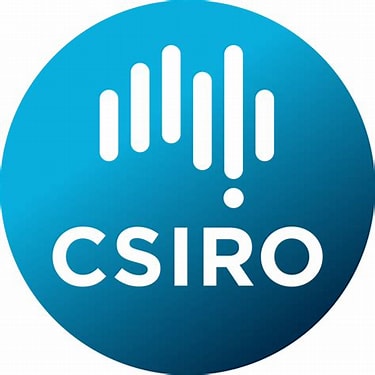Interactive (and Collaborative) Robot Programming using Language
Collaborative human-robot teams are increasingly being used for a variety of tasks. When working with robots, humans sometimes need to understand what the robot is currently doing, why and how it got to that state, and how it interprets its environment. This is important for the human operator to ensure the robot is working according to plans and particularly important if the human needs to intervene or react when the robot needs help.
This project aims to explore the use of language as an interaction modality to facilitate the collaboration between robots and humans. The project will investigate what information about a robot’s state and perception is relevant to human operators in a given interaction and task context and how to present that information through language, including dialogue or chat interfaces.
The project requires expertise in Human-Computer Interaction and/or Human-Robot Interaction. In addition, knowledge or a willingness to upskill in natural language processing (including using large language models), Explainable AI, and robotics are highly desired.
This project addresses Dynamic Situation Awareness and Human-AI Communication, two of the foundational research questions being addressed in Collaborative Intelligence research programme at CSIRO CINTEL. The project also fits into a collaboration between CINTEL and the Australian Cobotic Centre’s research on Human-Robot Interaction.
The project also fits into a collaboration between CINTEL and the Australian Cobotic Centre’s research.
